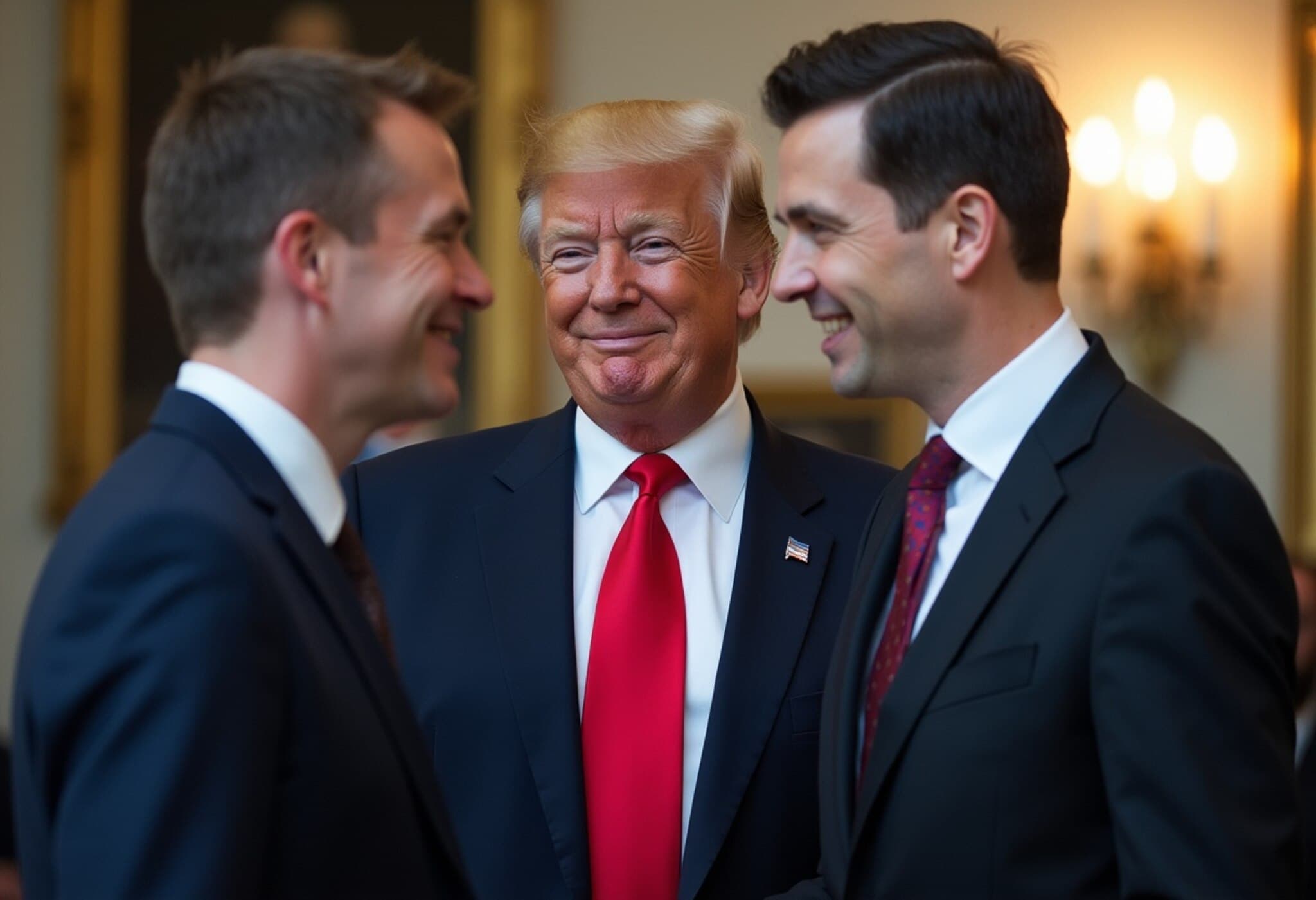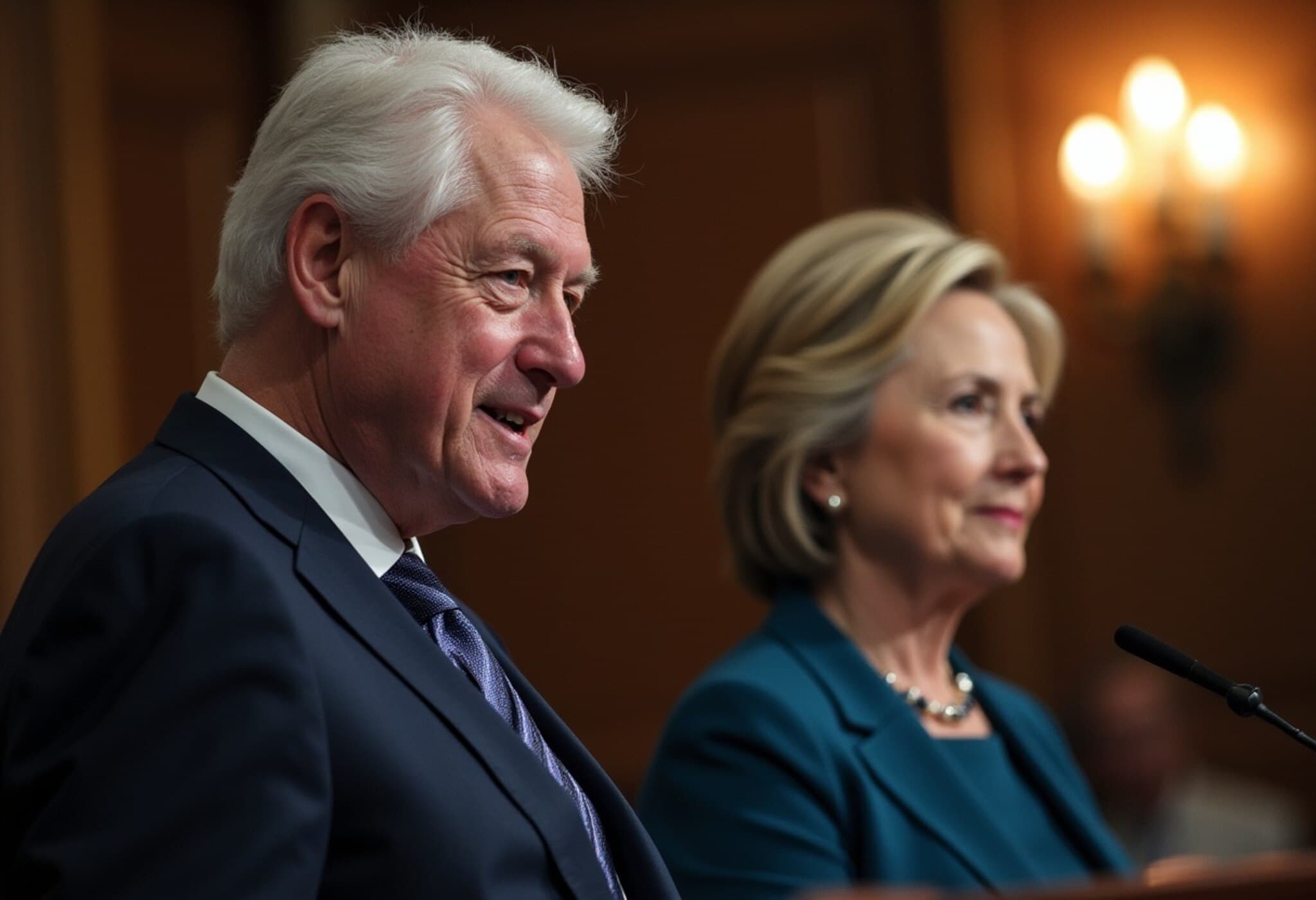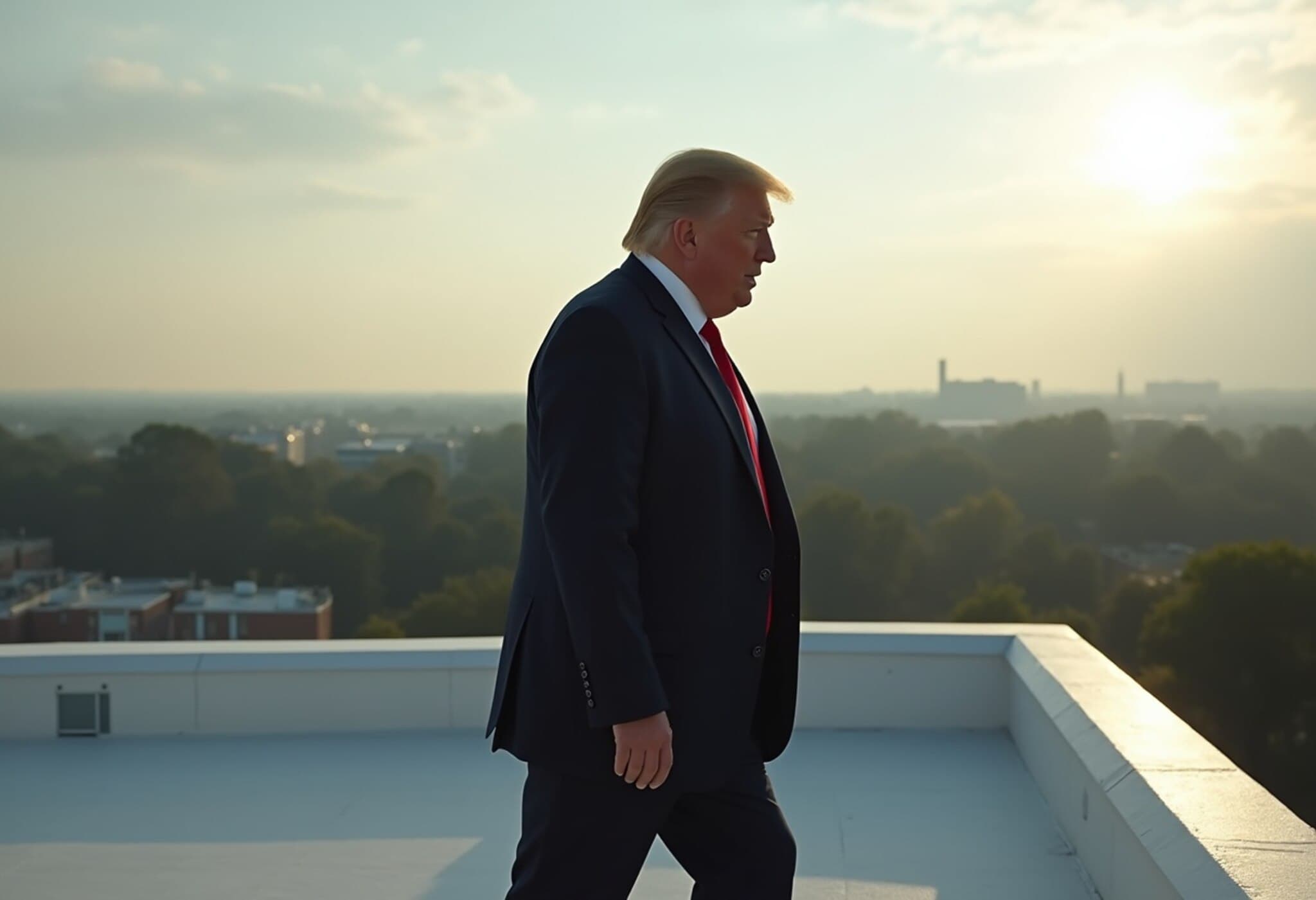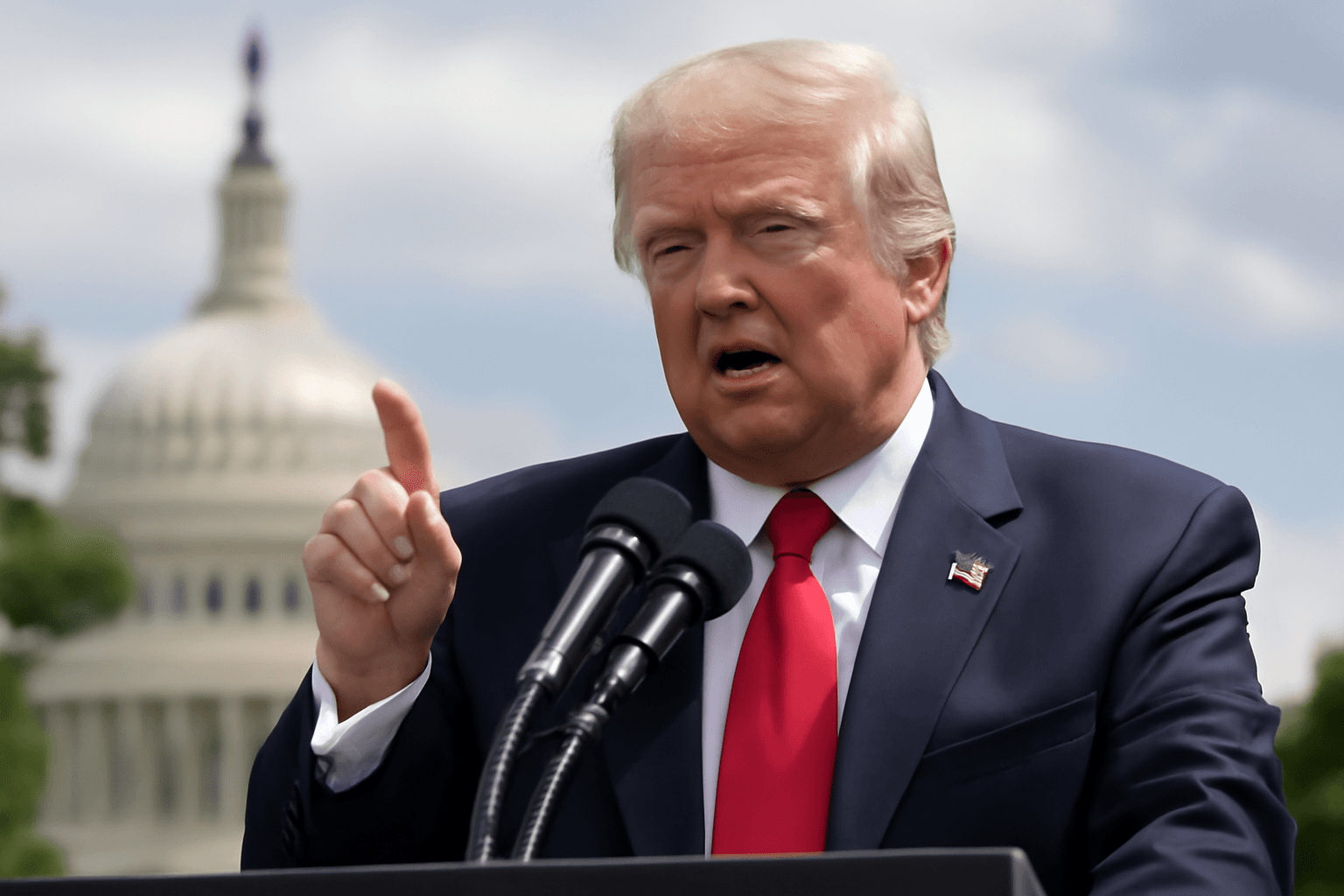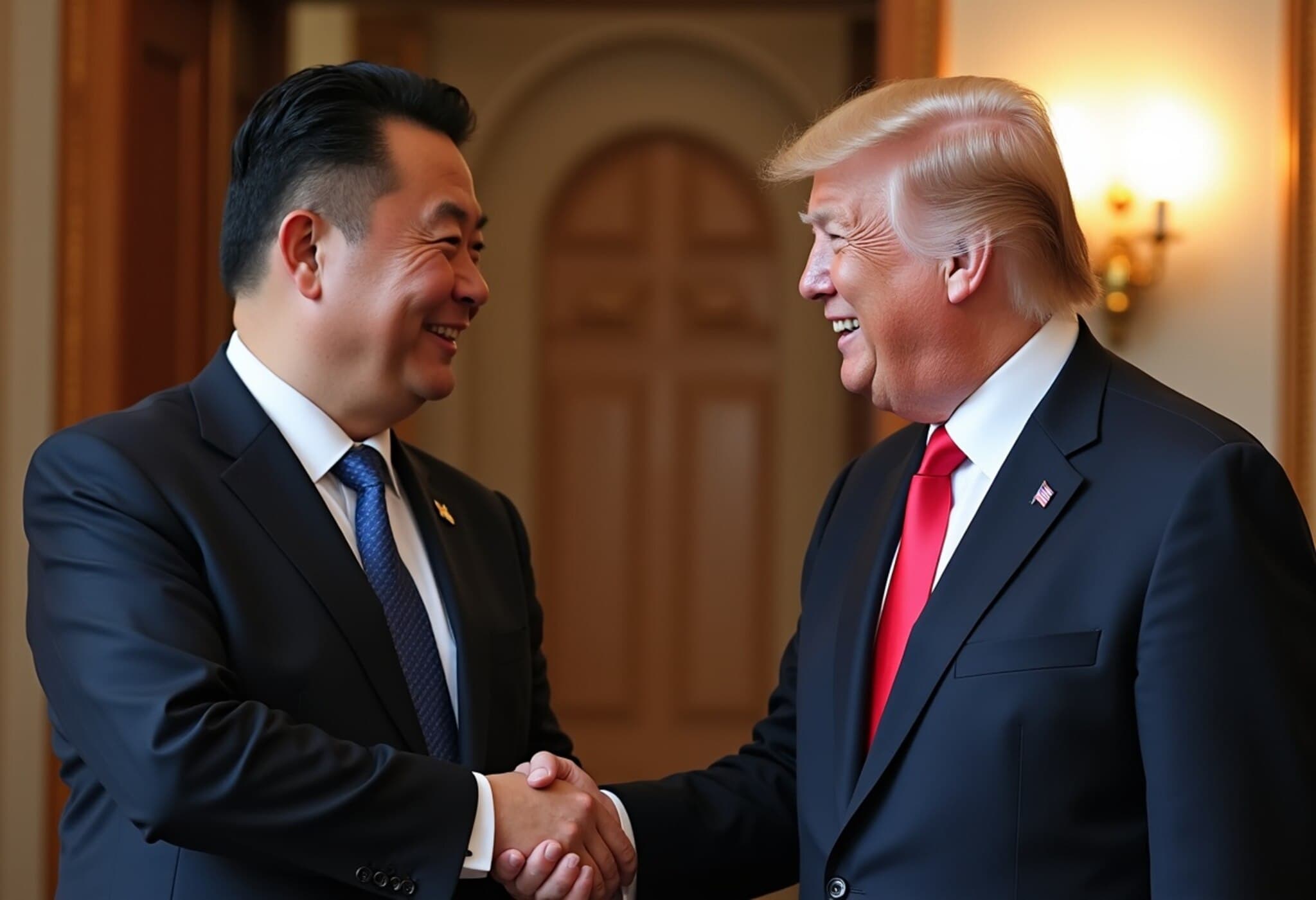Trump Sons’ SPAC Revises Filing to Remove Federal Incentive References
In a recent development that has raised eyebrows across the political and financial landscapes, a special purpose acquisition company (SPAC) that appointed Donald Trump Jr. and Eric Trump as advisers initially included a statement indicating its expectation to benefit from federal grants and incentives — a move many view as a potential conflict of interest, given their father’s role as U.S. President.
However, following inquiries by The Associated Press, the company amended its securities filing to omit this language, sparking widespread scrutiny and ethical debates.
What Happened: The Filing and Its Revision
New America Acquisition 1 Corp., a blank-check company aiming to purchase a manufacturing firm in the U.S., initially asserted in its filing with the Securities and Exchange Commission (SEC) that its target company would be "well positioned" to leverage federal or state government incentives such as grants, tax credits, and government contracts.
This statement took on heightened significance because the Trump brothers were set to receive millions in founder shares, positioning them financially to benefit from a business strategy aligned with federal manufacturing initiatives championed by their father’s administration.
Following questions regarding potential conflicts of interest and ethical implications, New America removed the reference to government programs from its updated SEC filing, stating the original inclusion was a "scrivener’s error," as clarified by the law firm Paul Hastings.
Legal and Ethical Implications
Despite the explanation, ethics experts remain skeptical. Kathleen Clark, a government ethics professor at Washington University, criticized the revision as insufficient, emphasizing the lingering appearance of an exploitative relationship between public office and private gain.
"They’ve simply deleted the language without committing to refrain from pursuing the benefits they initially outlined," Clark noted. "This raises serious concerns about leveraging political influence for private enrichment."
The controversy shines a spotlight on the broader challenges of separating governmental power from personal business interests, particularly in families entwined with political leadership.
The Broader Context: SPACs and Political Entanglements
SPACs have surged in popularity as investment vehicles, allowing founders to raise capital through public offerings with the goal of acquiring operating companies. New America plans to raise approximately $300 million by issuing shares at $10 apiece on the New York Stock Exchange.
At the time of trading commencement, the Trump sons stand to garner an estimated $50 million in paper wealth from their founder shares alone.
This financial underpinning is coupled with a strategic focus on reinvigorating American manufacturing — a cornerstone of President Trump’s trade and economic policy. Yet, the insinuation of aiming to tap into government incentives has reignited debates over political influence affecting business trajectories.
What’s Missing From the Conversation?
- The precise identity of the manufacturing company targeted by New America remains undisclosed, underscoring the opacity often seen in SPAC operations.
- The Trump Organization has yet to clarify if New America will eventually pursue federal incentives or explain the motivation behind excising the language.
- Broader questions about regulatory safeguards and transparency in SPAC disclosures when politically connected individuals are involved remain unaddressed.
Expert Insight: Navigating Political-Business Boundaries
From a policy perspective, the situation highlights an urgent need for clear conflict-of-interest guidelines and enforcement mechanisms, especially as the lines between public office and private enterprise blur.
Political analysts argue that maintaining public trust depends not only on legal compliance but on perceived integrity and ethical conduct. When familial ties intermingle with business ventures poised to benefit from government policies, even the appearance of impropriety can erode confidence in governance.
As SPACs continue to attract high-profile founders, additional scrutiny from regulators and the public is likely to intensify, prompting calls for greater disclosure and accountability.
Looking Ahead
New America Acquisition’s evolving narrative serves as a case study in the complexities at the crossroads of politics, business, and regulation. It raises critical questions about how political families engage with market opportunities without compromising ethical standards.
Whether this episode will lead to tighter regulations or more robust ethical oversight remains to be seen, but it unmistakably underscores the need for vigilance to safeguard democratic principles in an era where private wealth and public power often intersect.

